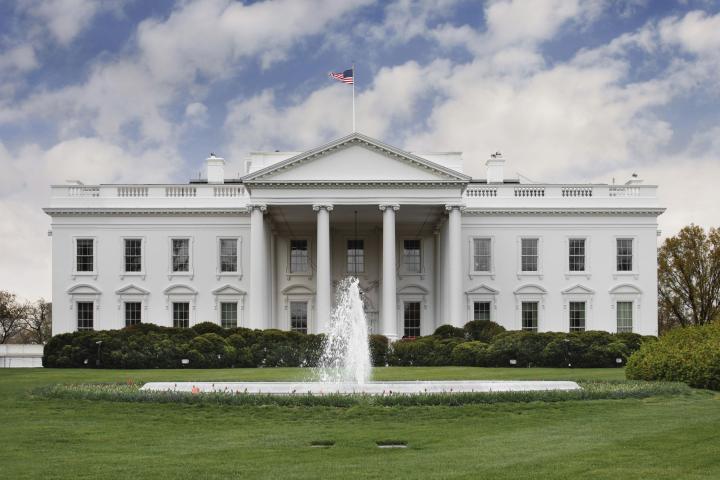
Mark DeLoura, who served as a senior advisor for digital media to the Obama White House for two years, says that the federal government has changed its tune in recent years. DeLoura advised the White House Office of Science and Technology Policy from 2013 to the end of 2014, following a long career in the video game industry, working for giants like Nintendo, Ubisoft, and THQ.
“What I wonder is if some congressperson…went out there to advocate for us to have tax credits…would they be met with a ‘what’s the redeeming value games?’ argument…They don’t ask that about films.”
The Supreme Court effectively ended the regulation debate with a 2011 ruling that video games are protected as artistic expression under the First Amendment, alongside its older siblings like film and literature. Beyond legal protections, though, the White House has really changed its focus from potential negative impacts of video games to the public good they can serve, as DeLoura told GamesIndustry.biz in a recent interview.
Although video game industry figures were called into a meeting with vice president Joe Biden following the tragic Newtown shooting, Biden assured them that the medium was not being singled out for blame, but rather the meeting was held to help address the public perception that games might be involved in real world violence like the incident at Sandy Hook Elementary.
“My takeaway after having been in the White House is there’s an interest in seeing if games can be used to address societal challenges,” explained DeLoura. “That’s the primary interest in games – we’ve seen other modalities in other media have an impact in different ways over time as we learn how to use them to teach people or express concepts. Can games do that? If they’re not doing that how do we get them to do that? If they’re doing it a little, do they want to do it more? How can we encourage this? That’s the interest.”
Fixing the perception of video games
Rather than discussing games as a social ill to be addressed, DeLoura’s expertise was called upon in discussions about a wide range of topics for how games could be used as a tool to spread knowledge and awareness.
“When I would have a conversation inside the White House it would be about ebola. The conversation didn’t typically start with games, it started with a challenge, and then it was like, ‘Is there any way that this community of smart, brilliant passionate people who are working on this new media form… is there some way that they can plug in, do they want to help?’ There was this ebola hack-a-thon in Seattle with a bunch of game developers and it was awesome. When I heard about it, we hooked them up with people who were working on the rollout of the ebola treatment centers.”
The White House has also become more concerned with cultivating the United States video game industry as a major growth field in danger of moving to other countries that offer better economic incentives. The government already offers tax credits for the film industry, and other countries do the same for game developers.
DeLoura added that ultimately this all ties in to the general public perception of video games, and how the government can help push that in a positive direction: “What I wonder is if some congressperson at the state level went out there to advocate for us to have tax credits for games, would they be met with a ‘what’s the redeeming value games?’ argument. Is games just like popcorn [entertainment] and it’s all shooters and violence, and why are we supporting that? They don’t ask that about films. Films are already past that level of conversation in the media.”


